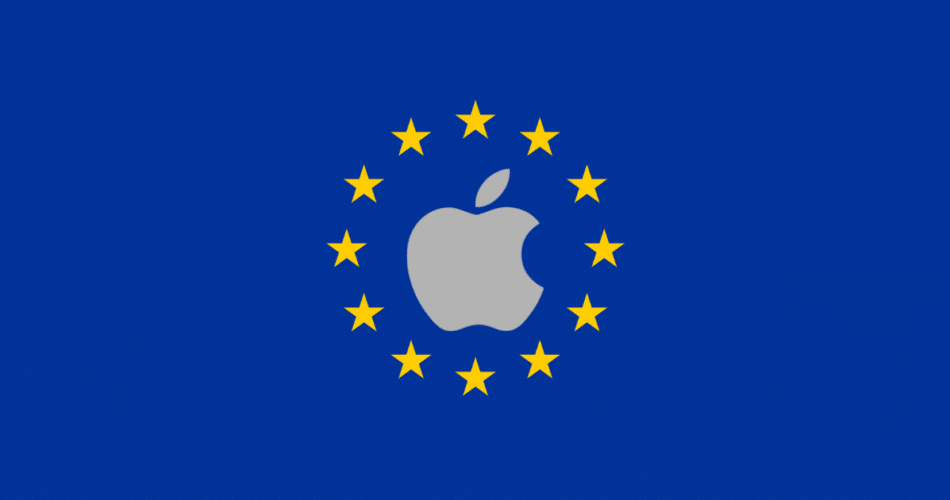The European Union has put Apple under scrutiny for what it deems unlawful geo-blocking practices across several of its media services, including the App Store, Apple Music, iTunes Store, and more. Following an investigation by the Consumer Protection Cooperation (CPC) Network, which works alongside national consumer protection bodies in member states like Belgium, Germany, and Ireland, the European Commission issued a formal notification to Apple, flagging several practices that may breach the EU’s anti-geo-blocking regulations. This investigation centers around Apple’s restrictions on digital access and payment methods that prevent EU citizens from freely accessing Apple’s digital content across the bloc.
The primary concern raised by the CPC Network involves Apple’s region-specific limitations that make it difficult for consumers to access apps, digital content, and services from different EU countries. For instance, users are restricted to country-specific interfaces within Apple’s apps, such as the App Store and Apple Music, and they face considerable barriers if they try to access interfaces or content tailored to other countries. This effectively restricts the free movement of digital services—a right protected under the EU’s Geo-blocking Regulation, which came into effect in 2018 to foster a unified Digital Single Market.
Furthermore, Apple’s approach to payment methods has been flagged as another issue. Currently, users are limited to using payment options issued in the country where their Apple account is registered. The European Commission argues that EU residents should be allowed to make payments with cards from any member state without facing additional hurdles, thus promoting a seamless payment experience across the union. These restrictions not only affect consumers’ ability to make purchases when traveling or temporarily residing in another EU state but also infringe on principles that seek to prevent nationality-based discrimination.
The EU has provided Apple with a one-month window to address these concerns and propose solutions that align with EU regulations. Should Apple fail to take appropriate corrective measures, the company risks facing enforcement actions, including potential fines of up to 4% of its global annual turnover. This enforcement action would be in line with the EU’s broader digital regulatory strategy, which has targeted major tech firms in recent years to uphold fair competition and consumer rights across its member states. European Commissioner Margrethe Vestager reiterated the bloc’s stance, asserting that companies, regardless of size, should not discriminate against consumers based on their nationality or residence.
This latest regulatory challenge comes at a time when Apple is already under considerable scrutiny in the EU for various practices. In previous instances, the European Commission has imposed hefty fines on Apple, and the company recently faced a landmark ruling requiring it to repay €13 billion in back taxes to Ireland. Furthermore, new EU regulations, such as the NIS 2 cybersecurity directive, reaffirm the EU’s pledge to enforce robust standards across tech companies operating in the region.
Subscribe to our email newsletter to get the latest posts delivered right to your email.


Comments